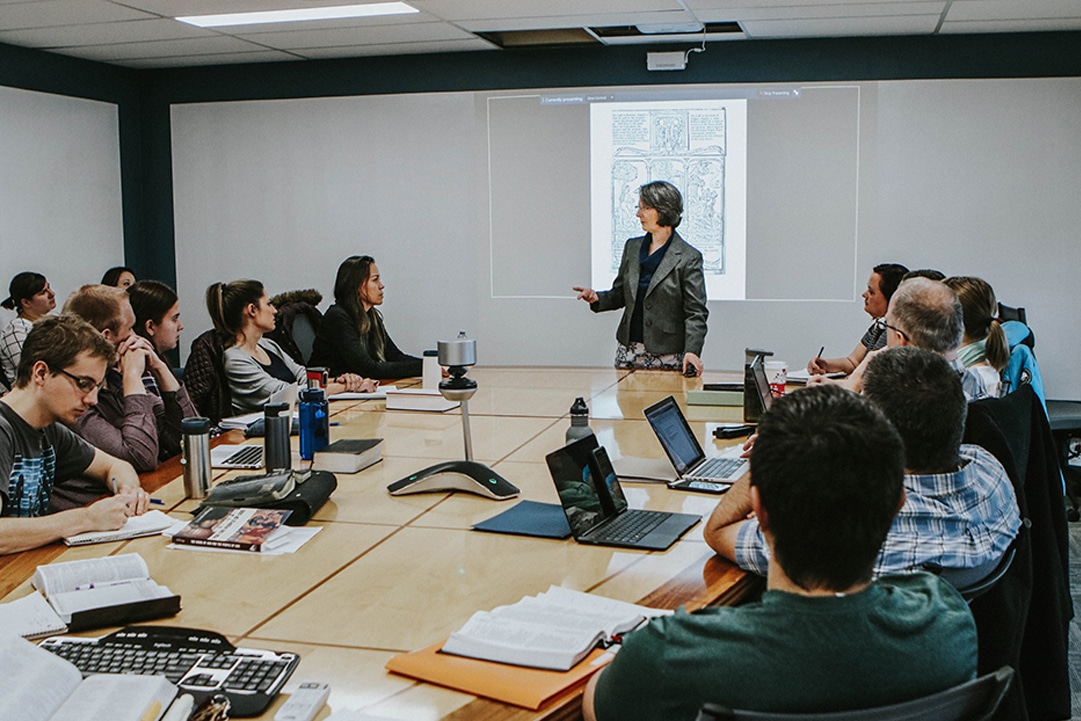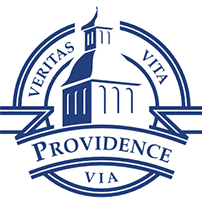by Niklaas Schalm
Five students in the 2017-18 graduating class of Providence Theological Seminary shared one unique accomplishment: they graduated without ever having completed an undergraduate degree. This was no accident. Rather, they were beneficiaries of the institution’s Recognition of Prior Learning (RPL) program.
RPL is a process that allows mature students with demonstrable life experience to pursue graduate studies despite not having a Bachelor’s degree. By acknowledging that learning comes from many sources—not just within a formal academic context—the program helps these mature students skip the years and dollars needed to complete an undergraduate degree so they can begin graduate studies in their intended field right away.
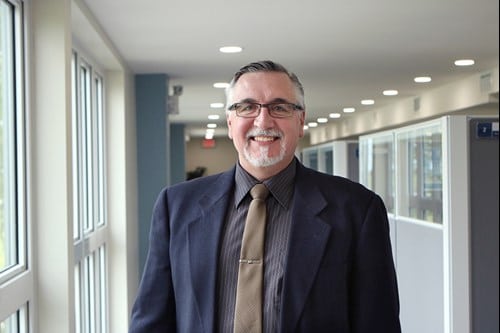 Unsurprisingly, the program “sells itself,” says RJ MacKenzie, Seminary Enrollment Officer at Providence. Of course, the RPL process is hardly a formality. Demonstrating an amount of learning equivalent to an undergraduate degree, while doable, takes work. Once the student is accepted, MacKenzie refers them to Janice Rempel, Associate Registrar, who coaches them through the process.
Unsurprisingly, the program “sells itself,” says RJ MacKenzie, Seminary Enrollment Officer at Providence. Of course, the RPL process is hardly a formality. Demonstrating an amount of learning equivalent to an undergraduate degree, while doable, takes work. Once the student is accepted, MacKenzie refers them to Janice Rempel, Associate Registrar, who coaches them through the process.
Under her instruction, applicants piece together a comprehensive portfolio demonstrating all the skills they have learned and the knowledge they have accrued through their various life experiences, which is then assessed by Seminary faculty.
Rempel, herself a beneficiary of RPL, has a passion for working with these students.
“The beautiful thing about RPL,” she says, “is that it recognizes that learning takes place in many contexts, and not just in the traditional classroom. I have discovered that most RPL students don’t recognize the significant learning that they have had through volunteering with a missions organization for several years, or raising a child with special needs or being a youth leader in their church.”
While the immediate benefit of doing RPL is obvious, Rempel and MacKenzie both emphasize the “unmeasurable” rewards of the program, like increased confidence and hope.
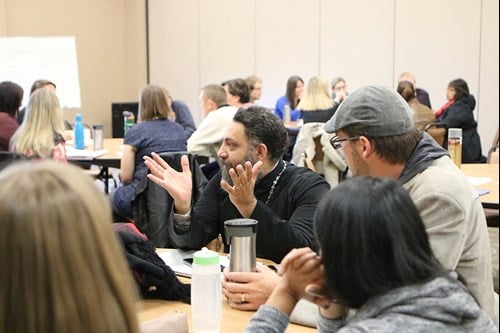 Rempel says, “Some students have told me they were ‘too dumb’ to do RPL, but as we have worked through the process and they reflect on the learning they have acquired through their life, work and ministry experience, they are shocked, encouraged and humbled at the ways they see God’s hand at work in their lives.”
Rempel says, “Some students have told me they were ‘too dumb’ to do RPL, but as we have worked through the process and they reflect on the learning they have acquired through their life, work and ministry experience, they are shocked, encouraged and humbled at the ways they see God’s hand at work in their lives.”
For students who complete the process, the next challenge is to actually pursue their graduate degree.
“To put it mildly, it was a shock,” comments Darren Jones, a current seminary student who went through RPL. “I had absolutely no idea of what the work load was going to be like. I had pastored for 20 years and was working outside of ministry at the time, so I was feeling a little displaced and when I began reading and studying, and then writing, I was hit with how much work I had to achieve.”
Jones did not let the challenge of graduate studies stop him, though.
“It wasn’t until I attended campus for Practicum 1 that I really grasped the vision of what my studies could achieve, and that understanding helped me conceptualize why I was here, which helped tremendously,” he says.
Driven by this recognition of the value of their education, Jones and many others who have entered Providence Theological Seminary through the RPL process look to bring the skills they learn at Providence back to their ministry contexts.
“While I am on somewhat of a furlough from my pastoring, I have been impacted by the notion that I will indeed be discipling again,” says Jones. “I am becoming more aware of the emotional wounds of many Christians, and how that affects the body of Christ, and pastors in particular. I already see how studying has opened my understanding of tools that will help in that endeavour.”
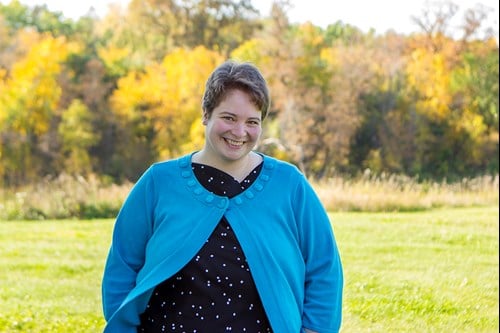 Reflecting on the value of the RPL program for future ministry, Rempel notes that RPL students bring solid biblical and theological training, as well as training in their chosen discipline, to their ministry contexts.
Reflecting on the value of the RPL program for future ministry, Rempel notes that RPL students bring solid biblical and theological training, as well as training in their chosen discipline, to their ministry contexts.
“They have been taught by godly professors who genuinely love and care about them and helped prepare them for ministry,” she says. “Employers can be confident that these individuals are equipped for the job by coming to Providence.”
Alongside quality Providence education, MacKenzie lists traits that RPL students will bring to their ministry contexts, such as “perseverance, confidence, humility and a sense of accomplishment.”
The five RPL graduates from this past year are a testament to both the learning power of the students and the RPL program’s benefit to the church at large by equipping leaders with the tools they need at a graduate level.
Providence is excited to continue offering this opportunity to any interested students, so that they can confidently pursue their calling without being hindered by a lack of formal education.
For more information about RPL, contact a Providence enrollment officer.
(Images top to bottom: Rev. Dr. Lissa Wray Beal teaches a seminary class; RJ MacKenzie; an autumn Seminary modular class; Janice Rempel.)

